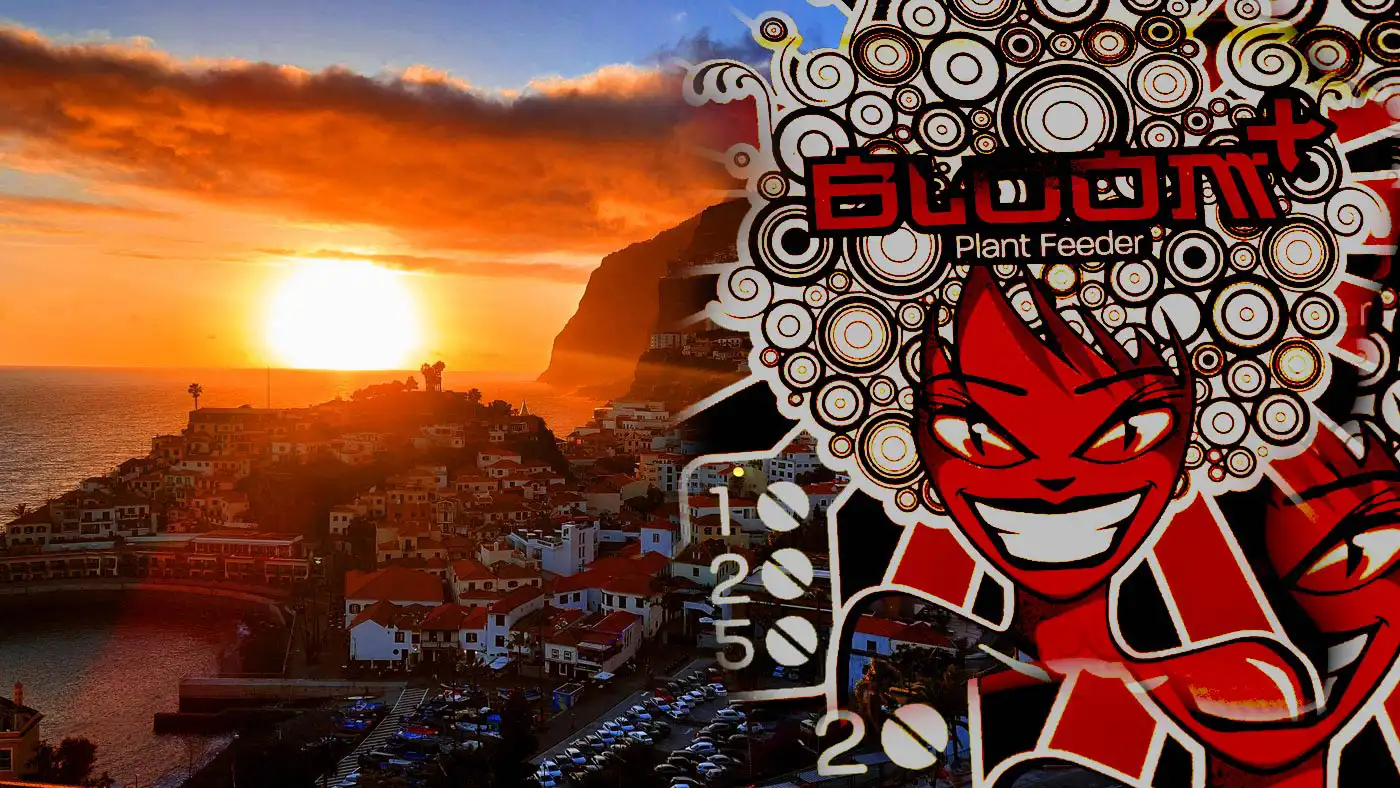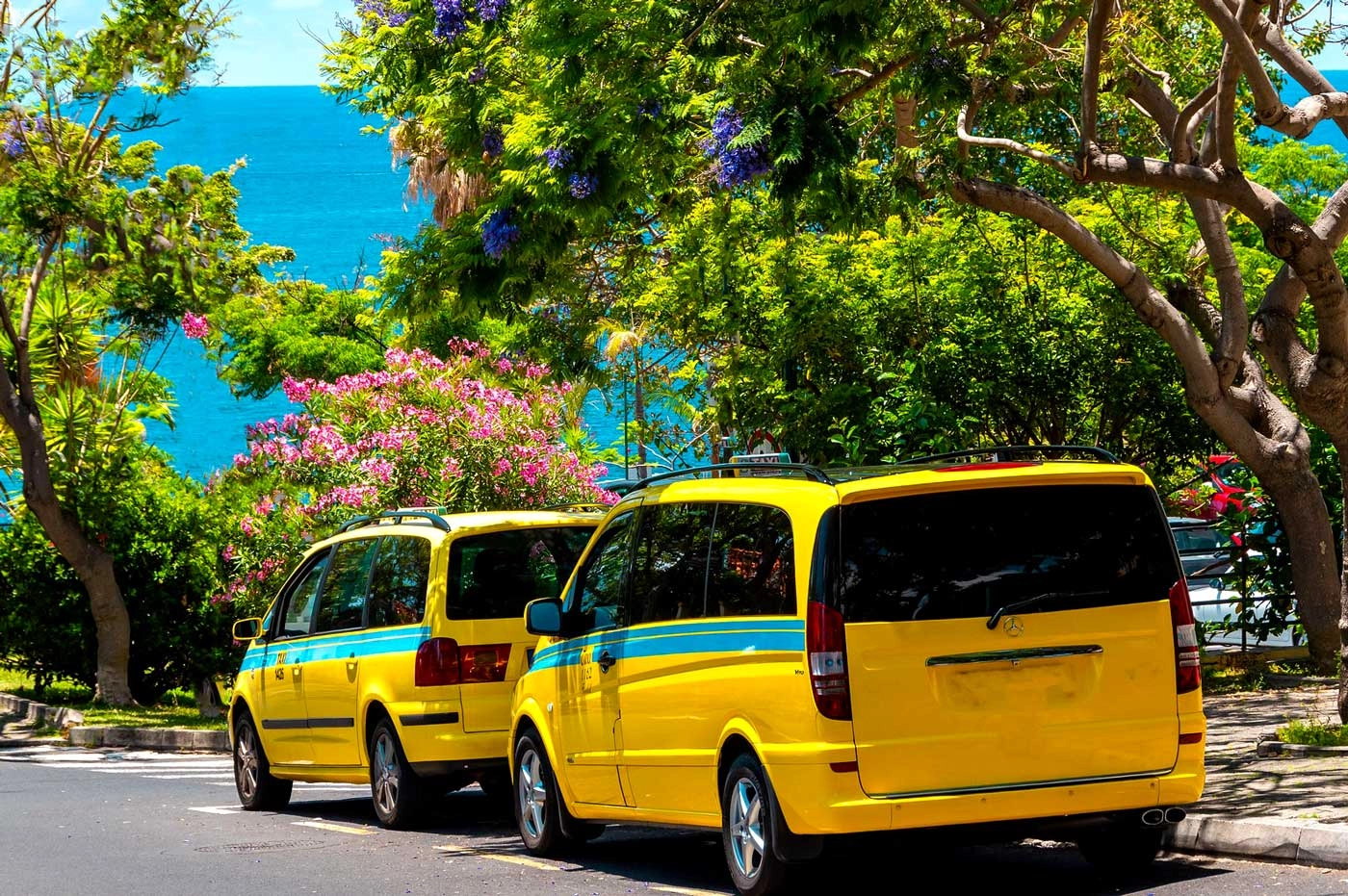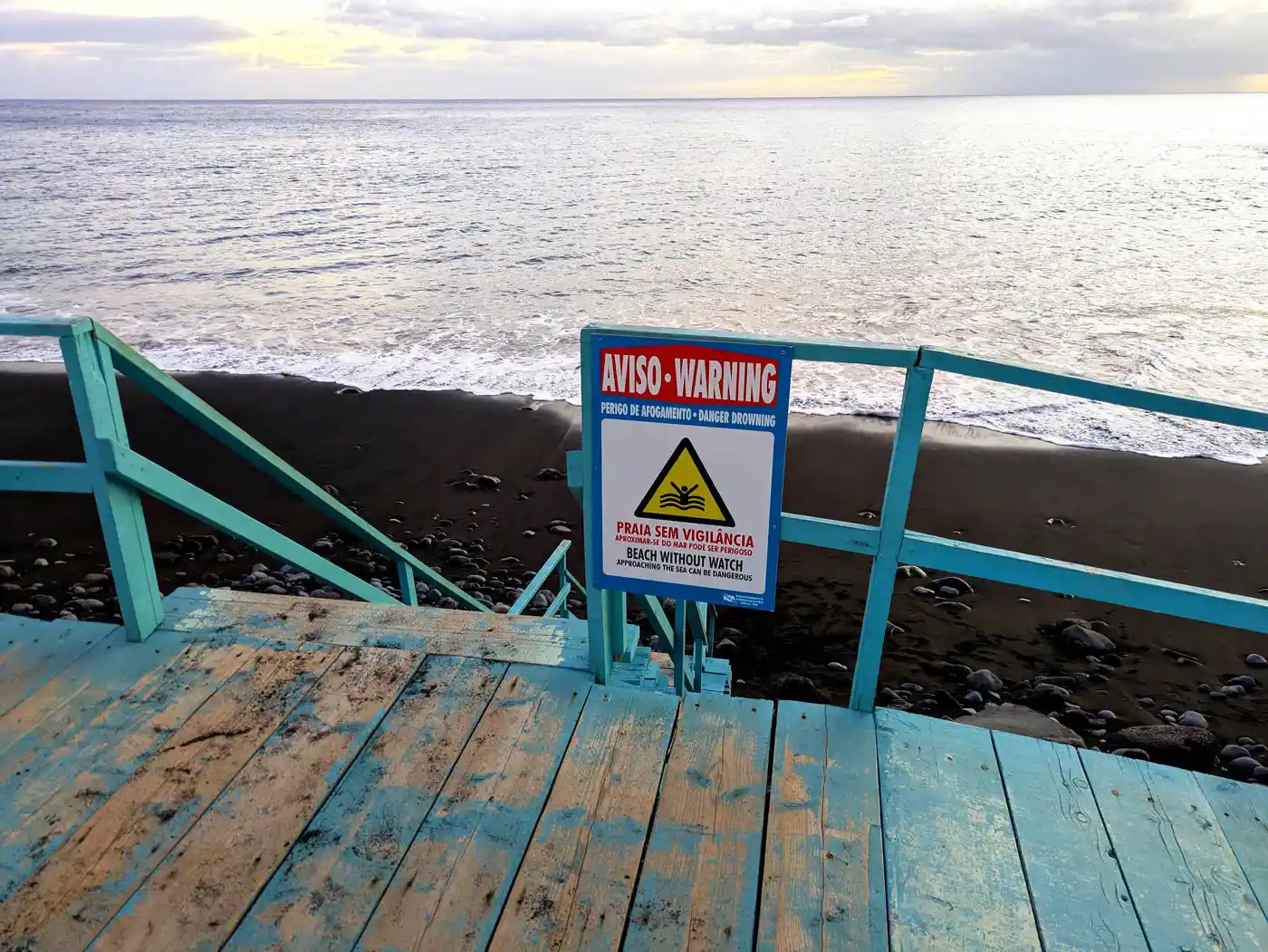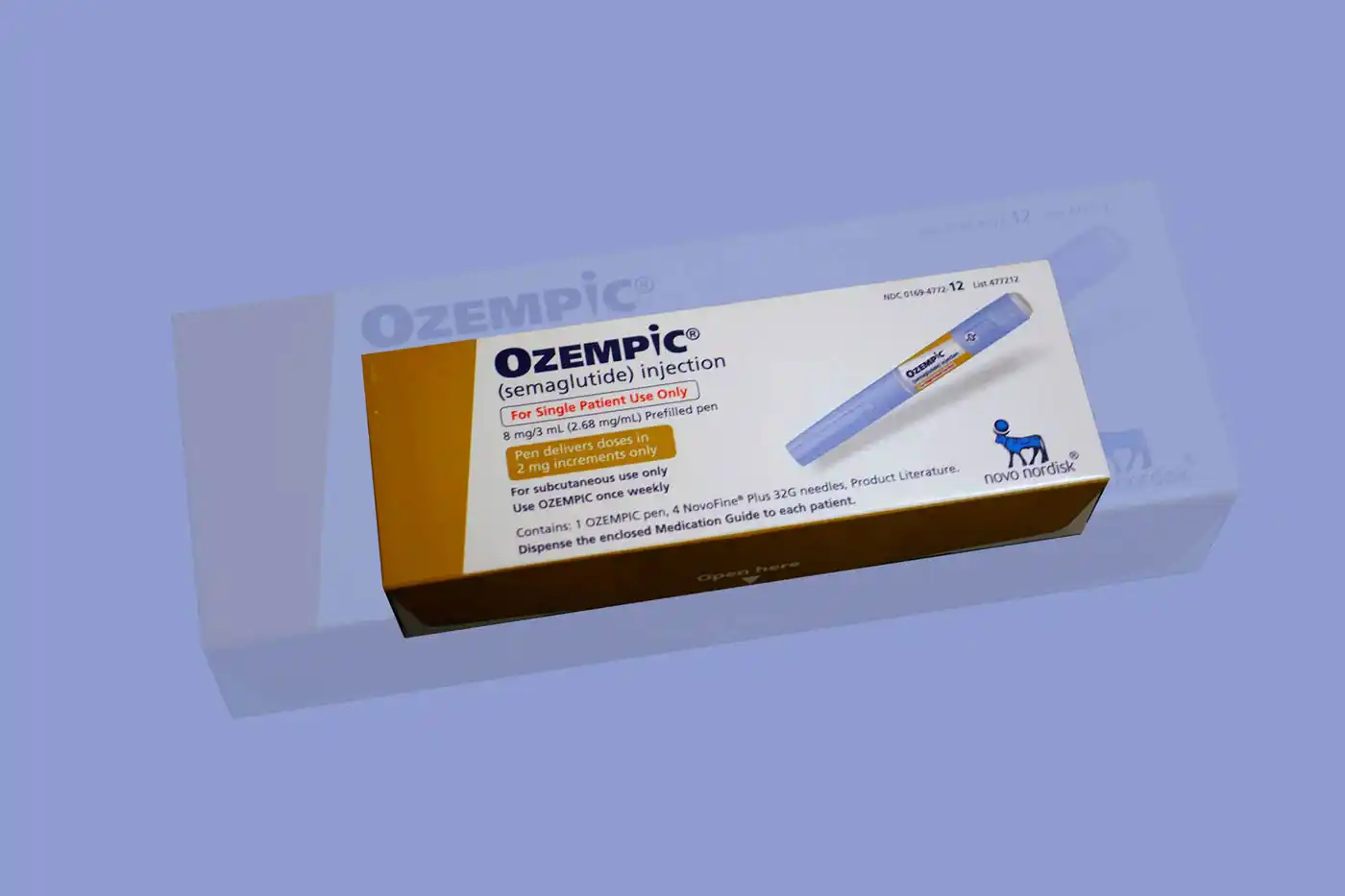BBC Radio 4 Reports on Madeira’s Bloom Drug Crisis
BBC Radio 4 aired a powerful broadcast shedding light on the Bloom drug crisis in Madeira, tracing its origins and production routes and highlighting the struggle of locals against a growing synthetic drug threat. Journalist Helen Clifford’s investigation, complemented by Erica Franco's reporting for Diário de Notícias da Madeira, reveals essential insights into a problem that is affecting Madeira more than ever. Here’s a look at what their investigation uncovered regarding the whereabouts and impact of Bloom.
A Fertilizer in Name Only: The Arrival of Synthetic Drugs
In 2008, a synthetic drug known as Alpha-PHP arrived in Madeira, marketed legally as a plant fertilizer. Sold in “smartshops” across Funchal, it was labeled “not for human consumption” but came with clear instructions hinting at recreational use.
These shops sold branded products such as incense, pills, and herbal mixes - many packaged with humor that masked a serious health threat. One example, mentioned, is “Fidel Mix,” featuring Fidel Castro's image alongside the phrase: “It’s for plants, but you can feel the Cuban Revolution.”
If you see new psychotic substance for all Portugal, they represent one to 5% maximum of all seized drugs. When we get to the Madaira figures, they represent almost half of all seized drugs in that particular part of the country
Bloom is More Dangerous Than Traditional Drugs
These drugs were far more dangerous than traditional ones, says Nélson Carvalho, director of the Madeira Unit for Addictive Behaviors and Dependencies (UCAD). They were legal, sold in regular shops, and people thought that meant they were safe. But they caused strong addiction, hallucinations, violent behavior, and serious mental health problems. By 2012, Madeira had at least six such shops.
Although smartshops eventually shut down, synthetic drugs didn’t vanish. Street dealers and online vendors filled the void. Over time, Bloom became a catch-all term for various synthetic substances, not just Alpha-PHP. Last but not least, Bloom is also cheap - a high can cost as little as five euros, significantly less than conventional drugs.
Personal consumption is typically defined as up to 10 daily doses of the substance, with the quantity of each dose specified in a table according to the type of drug.
Imagine that I go to Lisbon and buy a thousand grams of cocaine, because it's half the price of what it's sold for in Madeira. I come back here and the police catch me. If I go to court and claim it’s for personal use, I go home and nothing happens to me.
Nélson Carvalho, Diário de Notícias da Madeira
Legal Loopholes and the 2023 Drug Law
Portugal’s 2023 drug law aimed to differentiate personal use from trafficking by setting quantitative limits for personal supply. However, the law leaves lots of room for interpretation.
For instance, someone transporting large quantities of a drug could claim personal use and face no consequence unless additional evidence proves trafficking intent. “This makes enforcement difficult and enables small-scale dealers,” Carvalho warns. “It also weakens prevention efforts - if nothing happens to users, why would they take it seriously?”
Beware the Mailman: How Bloom Reaches Madeira
Bloom reaches Madeira primarily by mail, often through CTT, Portugal’s postal service. While some seizures occur at the airport, most are made in street operations, homes, or mail offices.
Although Bloom's origins trace back to Asia, with early ties to mephedrone production in China, Helen Clifford reports that it is now also produced illegally in Europe, in countries like Belgium, the Netherlands and elsewhere. The drug is largely distributed online, including via the dark web but also online shops, making it difficult to track.
Complicating enforcement further, the drug’s chemical makeup is constantly modified to stay ahead of legislation. As soon as one version is banned, new variants appear - many of which remain legal under current Portuguese law for years. EU policymakers are pushing to outlaw entire families of compounds to counter this tactic. But as of today, not much has happened.
From our experience with criminal investigation cases, Bloom is mainly arriving in Madeira by mail, Specifically through CTT, the Portuguese postal service, mostly coming from Belgium and The Netherlands. We take some action at the airport level, but in general, most seizures are made on the streets, at the houses of the dealers, at mail officers.
Police Official, Madeira, BBC Radio 4
Visible Impact on Madeira’s Streets
The effects of Bloom are most visible among Madeira’s homeless population. Roberto Aguiar, director of the Associação Protectora dos Pobres (APP), estimates that 70% of the island’s 120–130 homeless people use Bloom or similar substances.
APP operates Funchal’s Night Shelter Center, which provides 28 beds, food, and clothing. Though stays are capped at 15 nights, many remain longer due to a housing crisis worsened by tourism and short-term rentals. “Apartments that were once affordable are now used for tourists. Prices have skyrocketed, and our users can’t compete,” Aguiar explains.
Treatment is also an issue, it is said. Without a dedicated addiction center, users often relapse shortly after intervention. “We try to help, but without the right support systems, people fall back into the same cycle,” says Aguiar.
If we suspect individuals of trafficking or using the Internet for illegal activities, we act on it. We don't conduct random Internet investigations. It's simply not humanly possible at this point.
Police Official, Madeira, BBC Radio 4
A System Too Slow to Respond
The current system - though supported by committed individuals in health and law enforcement - is widely viewed as inefficient. “There are good people working hard,” Aguiar notes, “but the bureaucracy is slow. We need more than good intentions. We need functioning solutions.”
Both the European Union Drugs Agency and the Portuguese equivalent told me they are aware of these websites and that shutting them down was not their mandate, but the mandate of the Portuguese judiciary police. The BBC approached the judiciary police for comment, but they did not respond.
Helen Clifton, BBC Radio 4
Madeira to Open New Day Center for Drug Recovery
The radio broadcast went on, explaining that Madeira, together with the Portuguese Government, is joining forces to turn an empty building into a day center. It was not disclosed where exactly the building is located, but hopes are high that it will help those affected get off drugs and have a fair chance to reintegrate into normal life.






Comments